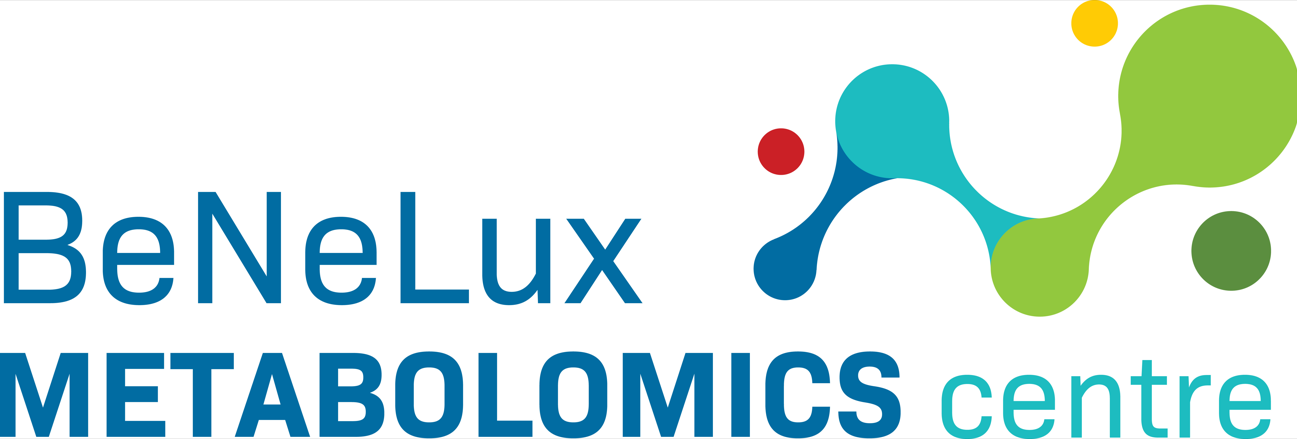For quantitative profiling of endogenous peptides and their posttranslational modifications we use the insulin-producing pancreatic islet β cells as model system. These cells also produce IAPP (Islet Amyloid PolyPeptide) which forms amyloid in type 2 diabetes mellitus, that is associated with islet β cell death and insulin insufficiency (“β cell failure”).
For separation and identification of peptides a state-of-the-art two-dimensional LCxLC- MS/MS platform has been set-up. This greatly improved the resolution of peptide separation and thus the yield of identified peptides. Identification is performed with Proteome Discoverer software. This system has been used for analysis of culture medium of a mouse islet β cell line (MIN6) as well as for mouse pancreatic islets. For the latter, islet isolation and protein extraction procedures were optimized and we identified upto 800 peptides in a single run. The detection limit is in the femtomolar range.
For analysis of phosphorylated peptides we have set up an automated online system using TiO2 affinity chromatography for enrichment of these low abundant molecules.
For relative quantification of peptides, i.e. comparison between different samples, we have set up a method using postlysis TMT (Tandem Mass Tags)-labeling of protein extracts. This method involves labelling of peptides at N-terminal amine groups and lysine residues with isobaric (same mass) tags and combining the samples for simultaneous LC-MS/MS analysis. During LC separation and in single MS mode, differently-tagged peptides are indistinguishable, but in MS/MS mode the different reporter ions (differing 1 Da in mass) are used for relative quantification. This system has been used for differentially labeling and simultaneously quantifying peptides in 6 mouse islet extracts, i.e. using 6 different TMT labels (6-plex). In conclusion: a quantitative peptidomics platform has been developed, from sample preparation till data analysis. In addition, an online system for phosphopeptide enrichment has been set up. Standard operating protocols (SOPs) for these methods have been delivered to the Demonstration and Competence Lab for further validation and implementation in other projects
